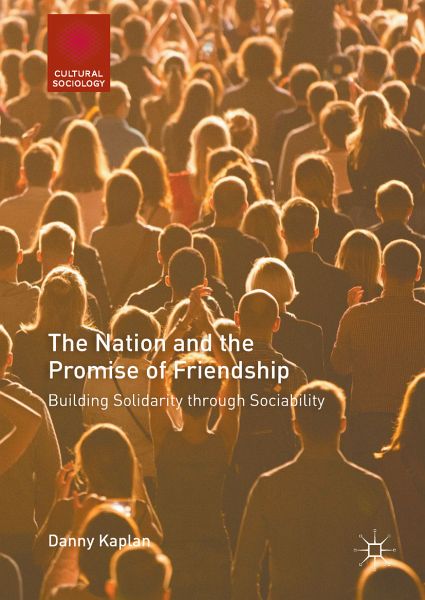
The Nation and the Promise of Friendship (eBook, PDF)
Building Solidarity through Sociability

PAYBACK Punkte
10 °P sammeln!
The Nation and the Promise of Friendship (eBook, PDF)
Dieser Download kann aus rechtlichen Gründen nur mit Rechnungsadresse in A, B, BG, CY, CZ, D, DK, EW, E, FIN, F, GR, HR, H, IRL, I, LT, L, LR, M, NL, PL, P, R, S, SLO, SK ausgeliefert werden.












